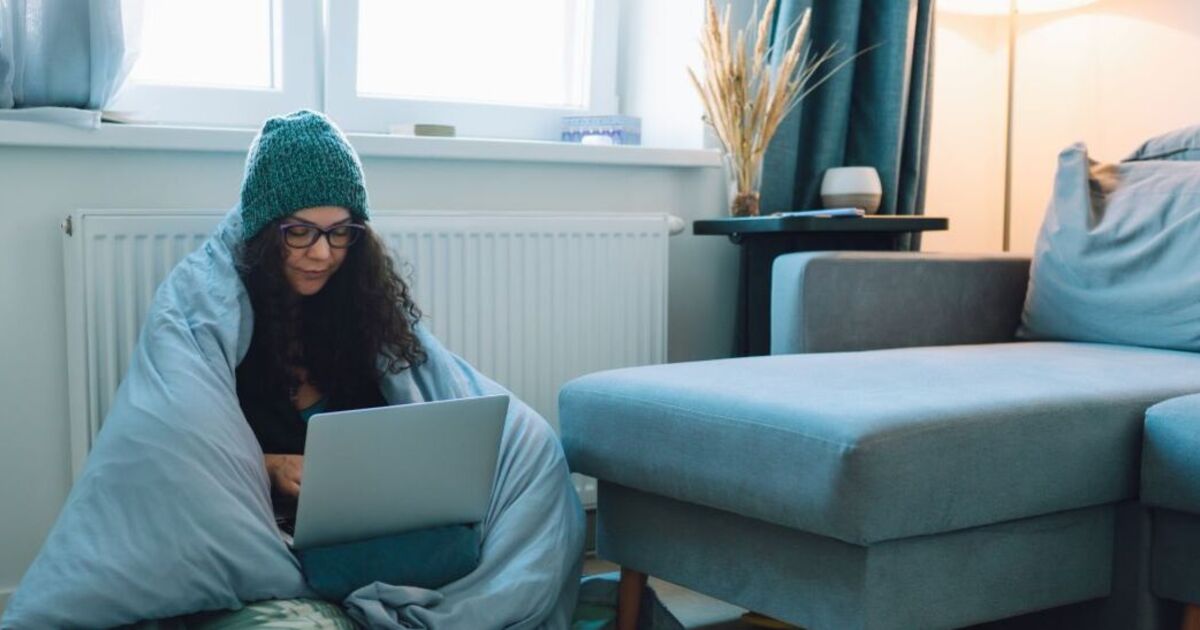
An expert has shared the when you should turn your heating off which could leave you with a huge £85 extra per week.
With the recent spike in energy costs, many homeowners in the UK find themselves questioning when to switch off their heating systems.
“A lot of people keep their heating on longer than they really need to, which wastes both energy and money,” says Stephen Day, a Heating Engineer at iHeat.
“If you learn when and how to adjust your heating, you can stay comfortable without incurring unnecessary expenses,” he added.
In the UK, weather trends show that by the end of March average outdoor temperatures exceed 14°C in most regions.
Therefore, many homes can stay warm enough without needing to heat continuously, especially if they are well-insulated.
“This means the last week of March is the best time to think of switching off your heating as this consistent rise in temperature means you’re less likely to feel the chill and need to pop your radiators on,” Stephen continued.
Even just one day of unnecessary heating can be a financial strain, costing households between £6.08 and £12.16, depending on how long the heating is used and what boiler model they have.
Over a week, this could cost households anywhere between £42.56 and £85.12 which is enough to cover your weekly food shop.
To make the seasonal transition smoother, it’s important to adjust your heating system thoughtfully.
This doesn’t simply mean turning it off altogether; there are steps you can take to keep your home comfortable while conserving energy:
Use a programmable thermostat
A programmable system can automatically match the temperature changes throughout the day so you won’t have to make manual changes.
This means it will lower heating during warmer periods, and will still kick on if it becomes unseasonably cold.
Insulate your home
Good insulation helps maintain steady indoor temperatures without needing constant heating, which is important when outdoor temperatures vary like they can in spring.
This includes sealing drafts around windows and doors.
Transition gradually
For homes with vulnerable individuals (such as children, the elderly or those with chronic illness), think about reducing your heating usage gradually instead of turning it off all at once.
You can do this by lowering your heating by 1C a day or reducing the time it is on by 30 minutes to an hour a day.


















